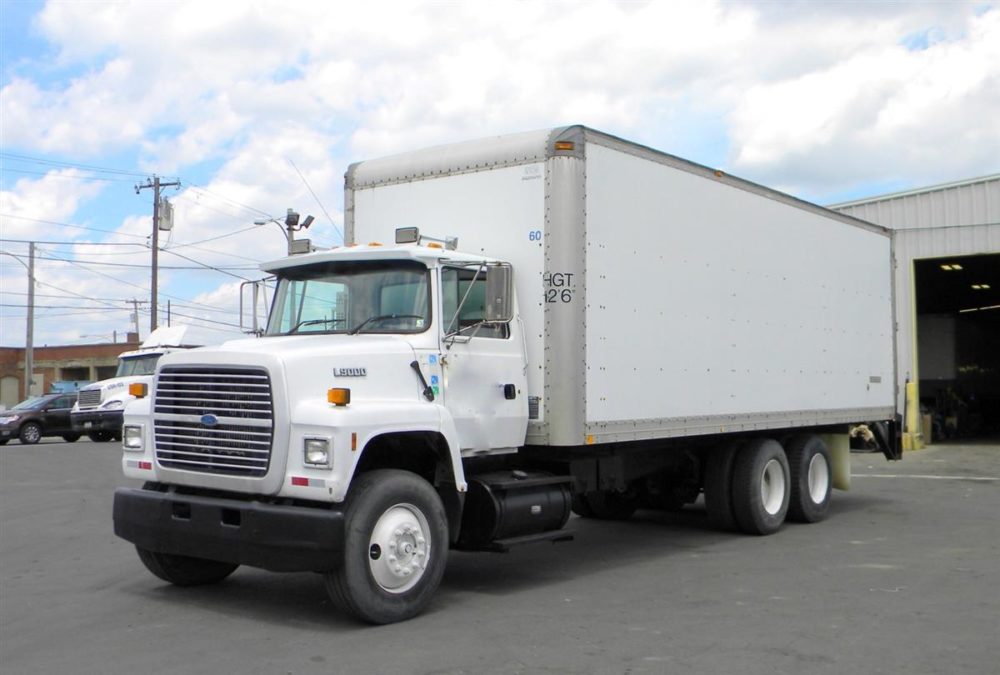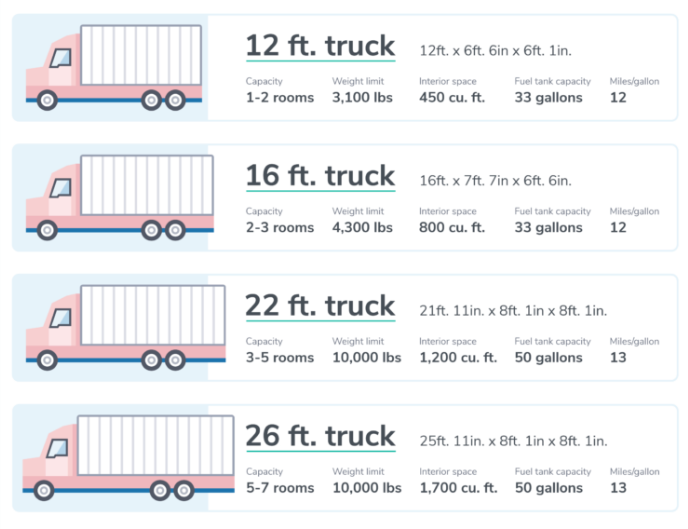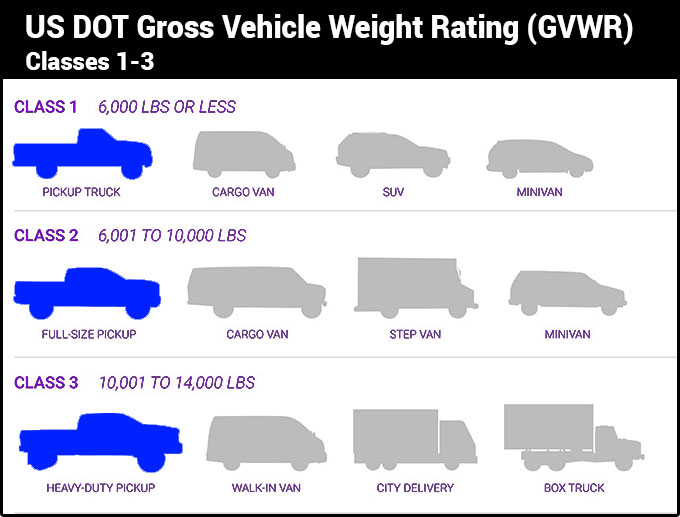Box trucks typically weigh between 12,000 and 33,000 pounds. The weight of a box truck depends on its size and payload capacity.
Box trucks play a crucial role in the transportation and logistics industry, offering a versatile solution for moving goods and products. These trucks are commonly used for local deliveries, providing a convenient and reliable option for businesses to transport their inventory.
Understanding the weight of box trucks is essential for compliance with transportation regulations and ensuring safe and efficient operations. We will explore the factors influencing the weight of box trucks, the impact of different sizes and payloads, and the significance of weight considerations for businesses utilizing these vehicles. Additionally, we will discuss the implications of box truck weight for maintenance, fuel efficiency, and road safety.

Credit: tinyhousedesign.com
Navigate As You Want:
The Importance Of Knowing Box Truck Weight
Knowing the weight of a box truck is crucial for maintaining safety on the road and ensuring legal compliance. Box truck weight affects various aspects of transportation, such as vehicle stability, braking efficiency, and load capacity. By understanding the weight limitations of a box truck, drivers can prevent accidents and avoid fines or penalties for exceeding weight restrictions.
One important reason to know the weight of a box truck is for safety on the road. A properly loaded truck helps maintain balance and stability, reducing the risk of rollovers and other accidents. Additionally, being aware of the weight capacity allows drivers to distribute the load evenly, preventing overloading and potential damage to the truck or its cargo.
Furthermore, knowing the weight of a box truck is essential to comply with legal requirements. Each state and country sets specific regulations regarding weight limits for commercial vehicles. By adhering to these laws, drivers can avoid hefty fines, penalties, or even impoundment of their trucks.
Understanding Gross Vehicle Weight Rating (gvwr)
Definition of GVWR: GVWR refers to the maximum weight a vehicle can carry, including its own weight and the load it’s carrying.
Factors Affecting GVWR: The GVWR of a box truck is influenced by various factors such as the vehicle’s structural strength, braking system, suspension, and tires.
Average Weight Of Box Trucks
Box trucks typically range in weight from 10,000 to 33,000 pounds. Class 3 box trucks weigh around 10,000 to 14,000 pounds, while Class 7 box trucks can weigh between 26,000 to 33,000 pounds. The weight of a box truck is influenced by factors such as the materials used in construction, size of the body, and additional equipment added.

Credit: twitter.com
Measuring Box Truck Weight
Box truck weight is an important consideration for anyone in the trucking industry. Measuring the weight of a box truck accurately is essential for a variety of reasons. One way to determine the weight of a box truck is by using weighing systems. These systems are designed to accurately measure the weight of the truck, including both the empty weight and the weight of any cargo or payload it is carrying. Calculating the payload capacity is another crucial aspect when it comes to box truck weight. By knowing the empty weight, you can determine how much weight the truck can safely carry without exceeding its maximum capacity. It is essential to understand the weight limitations of a box truck, as exceeding these limitations can lead to various safety issues and potential penalties.
Implications Of Overloading Or Underloading
Overloading or underloading box trucks can have serious safety implications. When a box truck is overloaded, it can become unstable, making it more difficult to control and maneuver. This puts the driver, other road users, and the goods being transported at risk.
On the other hand, underloading a box truck can also be problematic. When a truck is not carrying enough weight, it may affect its stability and handling. This can lead to accidents, especially during adverse weather conditions.
Aside from the safety risks, there are also legal consequences to consider. Overloading a box truck can result in fines and penalties, as it exceeds the maximum weight limits regulated by authorities. This can also lead to increased insurance costs and potential damage to the truck’s suspension and braking systems.
It is essential for drivers and companies to ensure that box trucks are loaded within their weight limits to maintain safety on the roads and avoid any legal repercussions.

Credit: mikeduman.com
Frequently Asked Questions On How Much Do Box Trucks Weigh
How Much Does A Box Truck Weigh On Average?
A box truck typically weighs between 12,000 to 33,000 pounds depending on its size and load capacity. The weight of the truck itself plus the weight of the cargo it carries can determine the total weight.
What Factors Determine The Weight Of A Box Truck?
The weight of a box truck is influenced by several factors, including the size of the truck, the materials used in its construction, and any additional features or equipment installed. The weight can also vary based on the type of cargo being transported.
Why Is It Important To Know The Weight Of A Box Truck?
Knowing the weight of a box truck is crucial for several reasons. It helps ensure compliance with weight restrictions and regulations on roads and bridges. It also helps determine the appropriate load capacity and prevents overloading, which can lead to accidents, fines, and damage to the vehicle.
Conclusion
Understanding the weight of box trucks is crucial for safety and compliance. By considering factors such as payload capacity, gross vehicle weight rating (GVWR), and axle rating, you can ensure the proper distribution of loads. Remember to consult the manufacturer’s specifications for accurate information.
Stay informed and make informed decisions when it comes to operating box trucks on the road.




